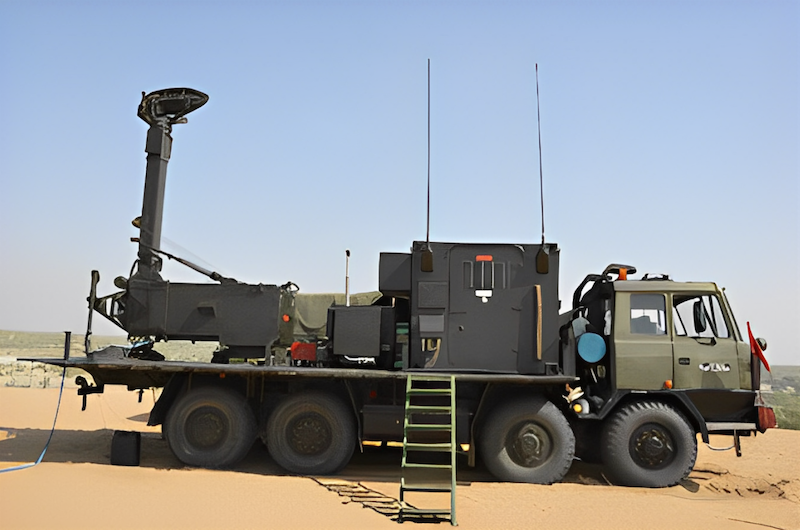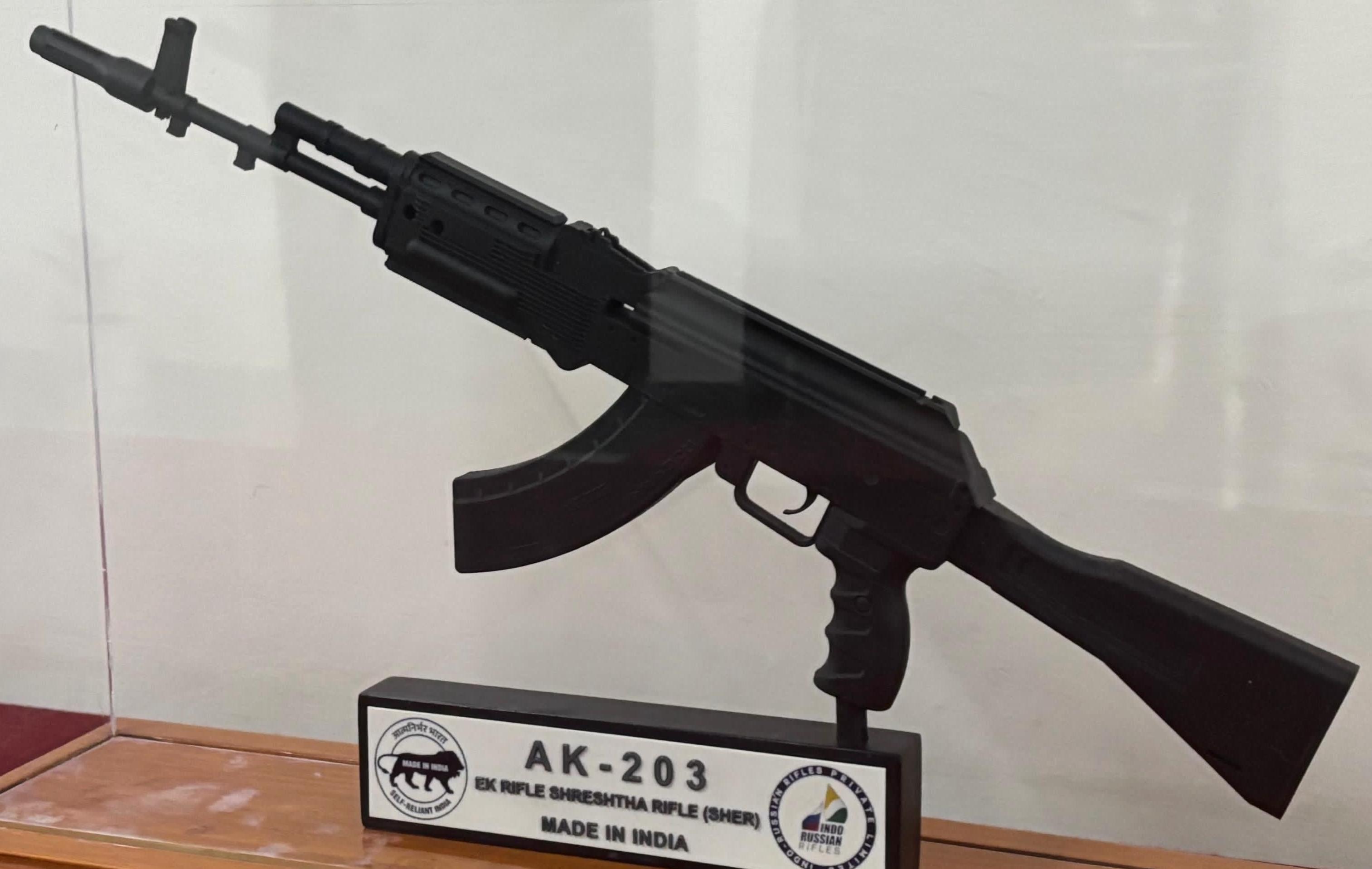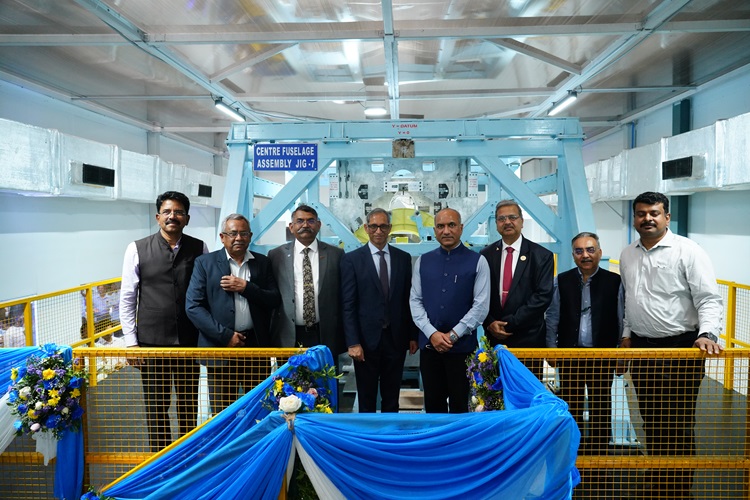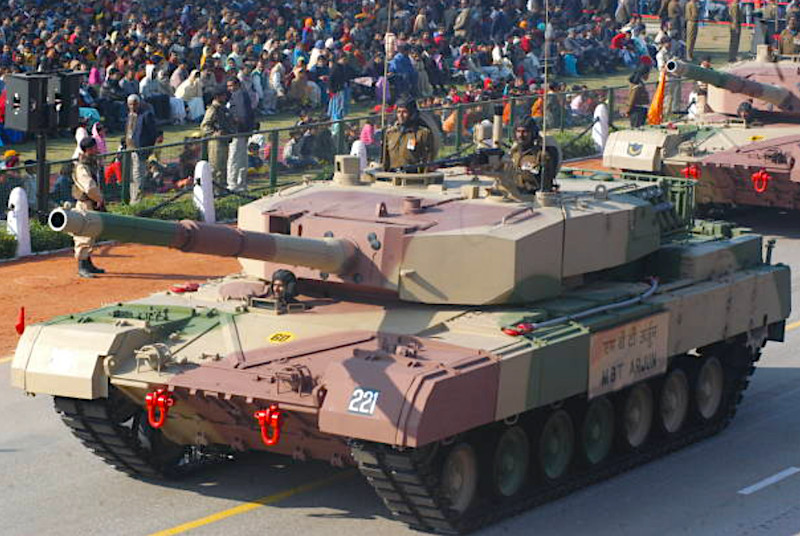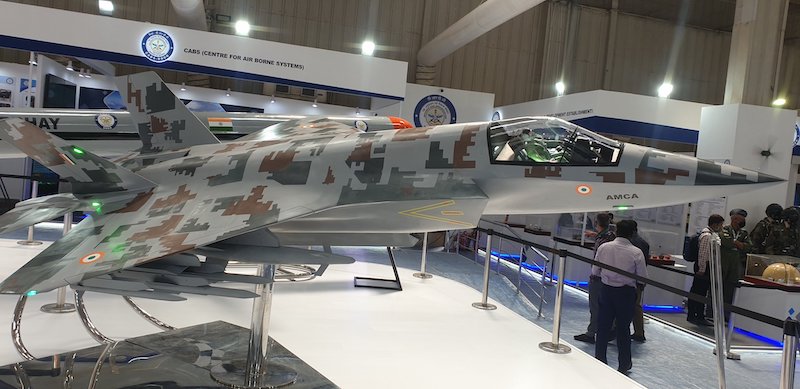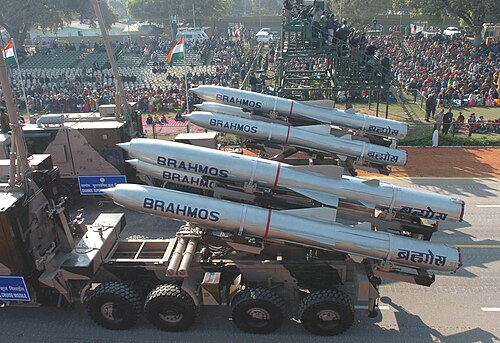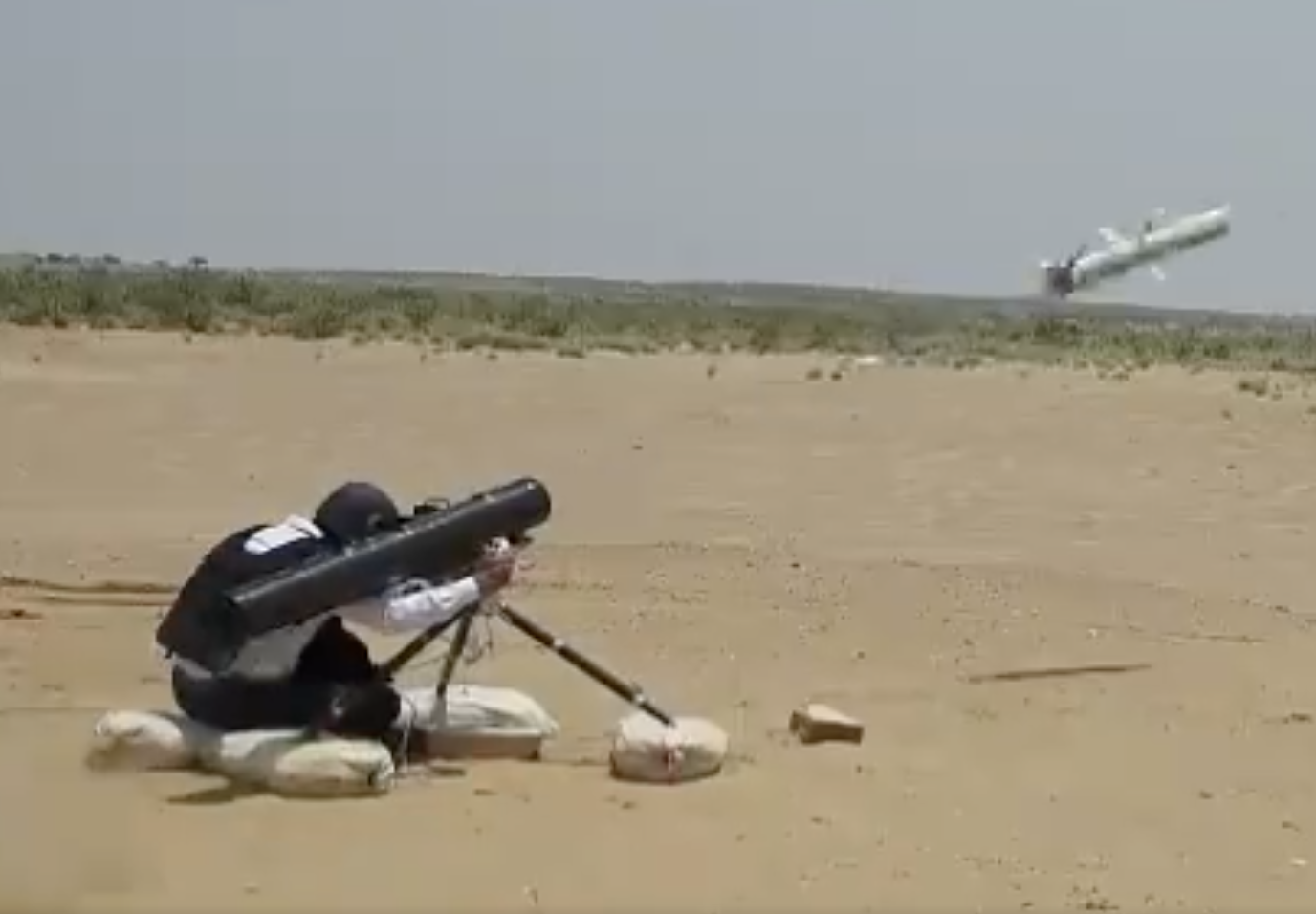 A video screenshot of the DRDO MP-ATGM being test-fired.
A video screenshot of the DRDO MP-ATGM being test-fired.
New Delhi: The Defence Research and Development Organization (DRDO) has successfully conducted the test-firing of its indigenously developed man-portable anti-tank guided missile (MP-ATGM). The test was recently conducted at the Pokhran Field Firing Range, around 112 kilometres from Rajasthan’s Jaisalmer.
This is the third test of the missile system.
The MP-ATGM is a lightweight, shoulder-launched missile system designed to neutralize enemy tanks and armoured vehicles. The full MP-ATGM system comprises the missile, a launcher, a target-acquisition system, and a fire control unit. It is designed to be deployed quickly and efficiently in various combat scenarios, providing a critical edge to Indian forces in modern warfare.
This advanced weapon system is also equipped with a state-of-the-art imaging infrared (IIR) seeker, which enables it to engage targets with high precision during both day and night operations. The missile boasts a range of up to 2.5 kilometres and weighs less than 15 kilograms, making it highly portable and suitable for use by infantry and special forces.
During the test, the missile demonstrated its “fire and forget” capability, successfully hitting its target with remarkable accuracy. The system’s dual-mode seeker functionality allows it to perform “top attack” and “direct attack” missions, enhancing its versatility on the battlefield.
This indigenous development is expected to significantly bolster the combat capabilities of the Indian Army, providing a robust solution for countering armoured threats, without having to depend on foreign manufacturers.
The defence minister, Rajnath Singh, congratulated the DRDO scientists and engineers for their achievement and called it a “major step towards self-reliance” in defence technology.



